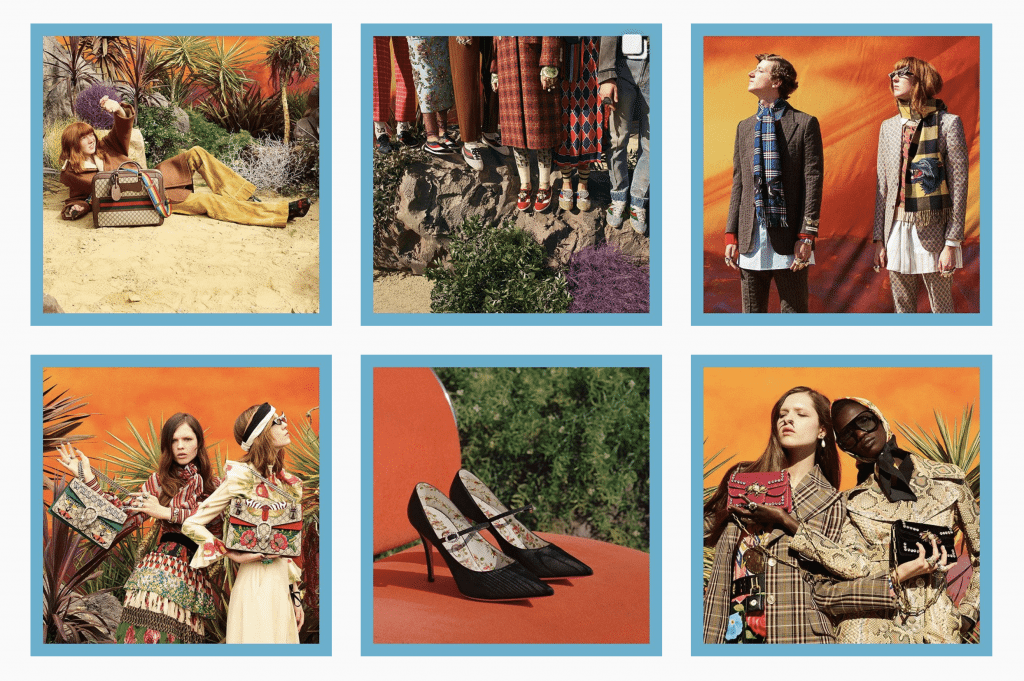What Travel Can Learn From Luxury Fashion’s Digital Trials

Skift Take
Fashion has in many ways been steps ahead of travel when it comes to Web design, online engagement and marketing prowess — but there is still so far to go for luxury brands in both industries.
Luxury fashion brands are facing a critical moment in their digital evolution and there are dozens of parallels to luxury travel brands’ own digital development.
The most pressing challenge — and opportunity — facing the luxury fashion industry today is the incredible influence that digital wields over its fastest growing demographic, according to digital research firm L2 which ranks the digital competence of 90 fashion brands in its latest report DIQ: Fashion.
Millennials’ purchase power is growing within the luxury space. Buyers aged 20-36 are expected to grow from a quarter of the total luxury market to almost half by 2025, according to recent Bain statistics.
Millennials rely almost primarily on online channels for product discovery and interaction, making brand’s websites and social profiles the storefront for this critical demographic.
Luxury fashion bra
